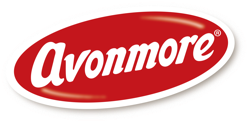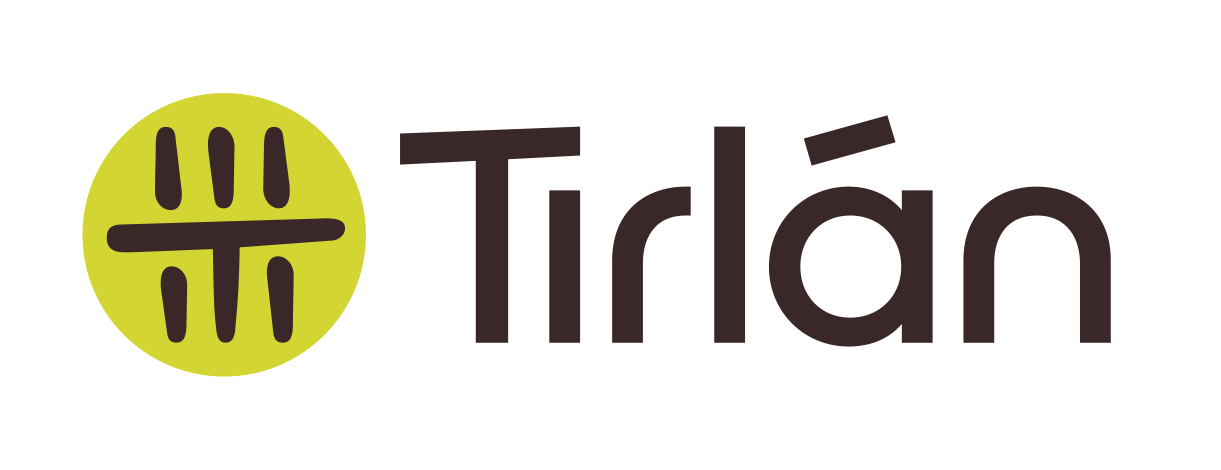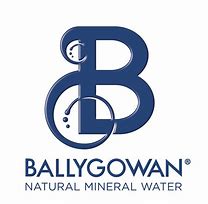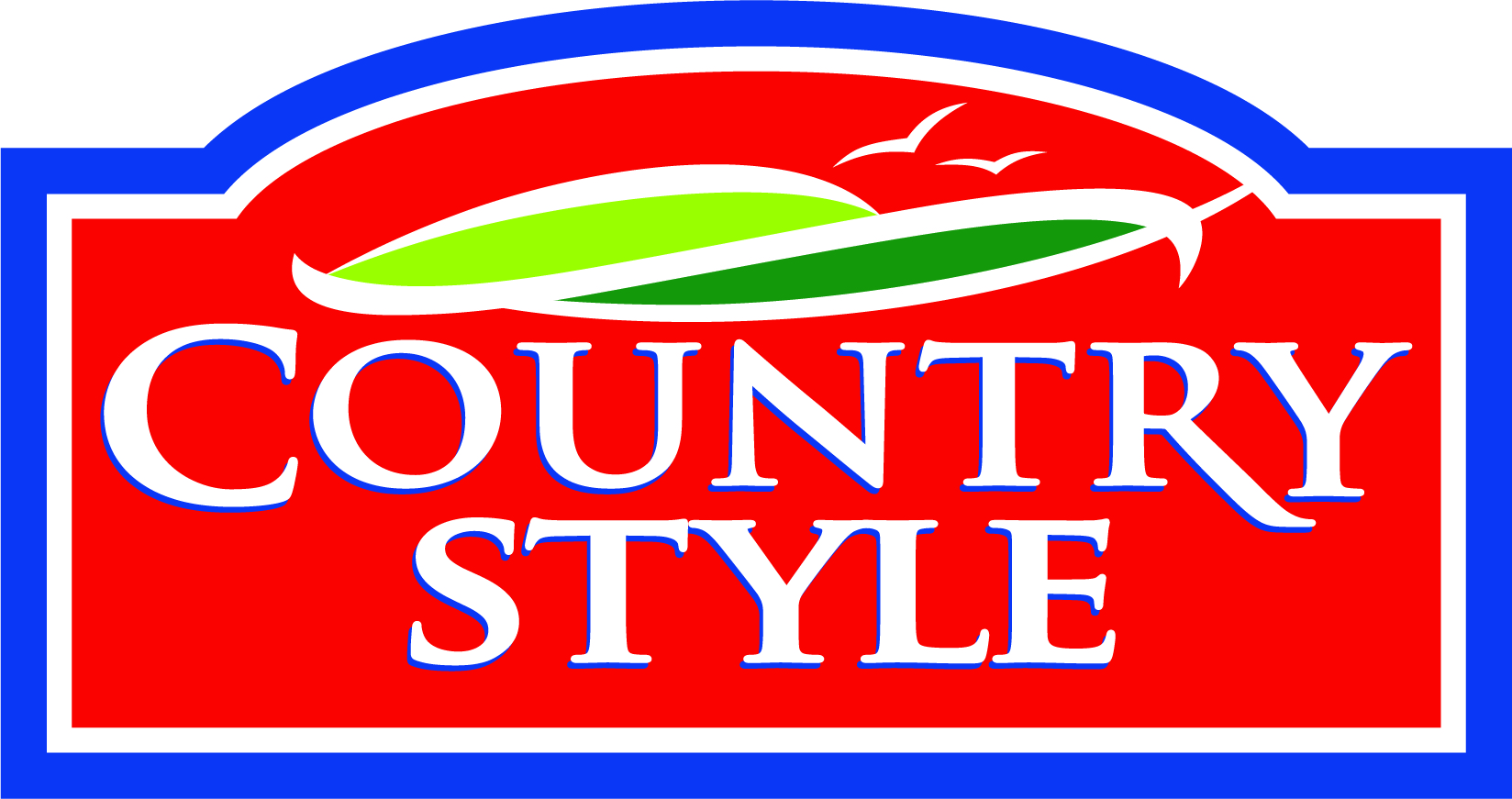PRESS RELEASE
Final Call for audit of Oral Heritage Recordings in County Kilkenny
Across Kilkenny, hundreds of tapes and recordings of long since departed men and women of Kilkenny have been retrieved from attics and other locations that they have been carefully stored for many years. This is because, the Kilkenny Heritage Office has over the summer, undertaken a major audit of oral heritage recordings. The purpose of the project, which forms part of the Kilkenny Heritage Plan, is to create a comprehensive list of recordings which hold spoken recollections relating to County Kilkenny.
Dr. Tomás Mac Conmara, the consultant appointed to lead the audit has been delighted with the response of people across Kilkenny:
‘I had anticipated a positive response but the reaction of people all across Kilkenny to the audit has really been fantastic. Working with Dearbhala Ledwidge in Kilkenny County Council, we have tried to ensure that the word has gotten out across the county and we’ve been thrilled with the response. We have already documented hundreds of recordings and interviews which previously had not been known of, outside of their collection holders. Many historians, as well as local enthusiasts evidently felt it was important to record memory for its own sake and so have assembled a considerable amount of material. We’re working hard to ensure that all that information is at the very least, added to the audit listing.’
The project has documented material from most parts of Kilkenny including a series of recordings undertaken by historian Michael O’Dywer in areas across the county, including Ennisnag, Bennettsbridge, and Dunnamaggen. In Galmoy, a collection recorded in recent years by Mary Ann Vaughan was added to the record, while in Thomastown, a series of interviews undertaken in 2010, are included. Interviews with Kilkenny people who lived outside of the county have also been identified, including a recording with a Kilkenny man who worked in the border area as a Customs Officer, currently housed in Dundalk Museum. Interviews from within the Military Archives of Ireland, recorded with former members of the Irish Defence Forces, from Kilkenny have also been included. In addition, work undertaken by the Irish Folklore Commission, including almost seventy items recorded by professional collectors, particularly Daithí Ó hÓgáin, have been documented as part of the audit.
The Project Team have now made a final call to any potential collection holders who may not be aware of the project. They have also underlined the approach of the audit, which does not aim to take the physical material, but at this point seeks to document and list information about each collection for the record as well as information about the collections, like their current location, format, content etc.
For Dearbhala Ledwidge, County Kilkenny Heritage Officer, who is overseeing the project, the positive response so far has encouraged a final push to ensure that others do not miss out;
‘It is clear from the response to date that there has been tremendous collection work one over many years by many committed people across Kilkenny. We want to ensure that all of the people who made efforts in the past to record our oral heritage, are recognised and that their collection, be it one tape recording or 100 interviews, are included in the audit.’
The audit will be a significant resource for historians, scholars, the education system and the general public. If you have any information on oral heritage recordings or collections on County Kilkenny topics, people or places, please contact the Kilkenny Heritage Office, Kilkenny County Council on 056-7794925 or by e-mail at heritage@kilkennycoco.ie. The deadline for inclusion in the audit is Friday 19th October. The findings of the audit will be available to the public online. A publication, based on the findings of the audit will also be produced.
“An action of Kilkenny County Council Cultural Strategy 2017-2022. Co-ordinated and funded by the Heritage Office of Kilkenny County Council with funding from the Heritage Council and Creative Ireland”
By Mary Morgan Sun 14th Oct





















